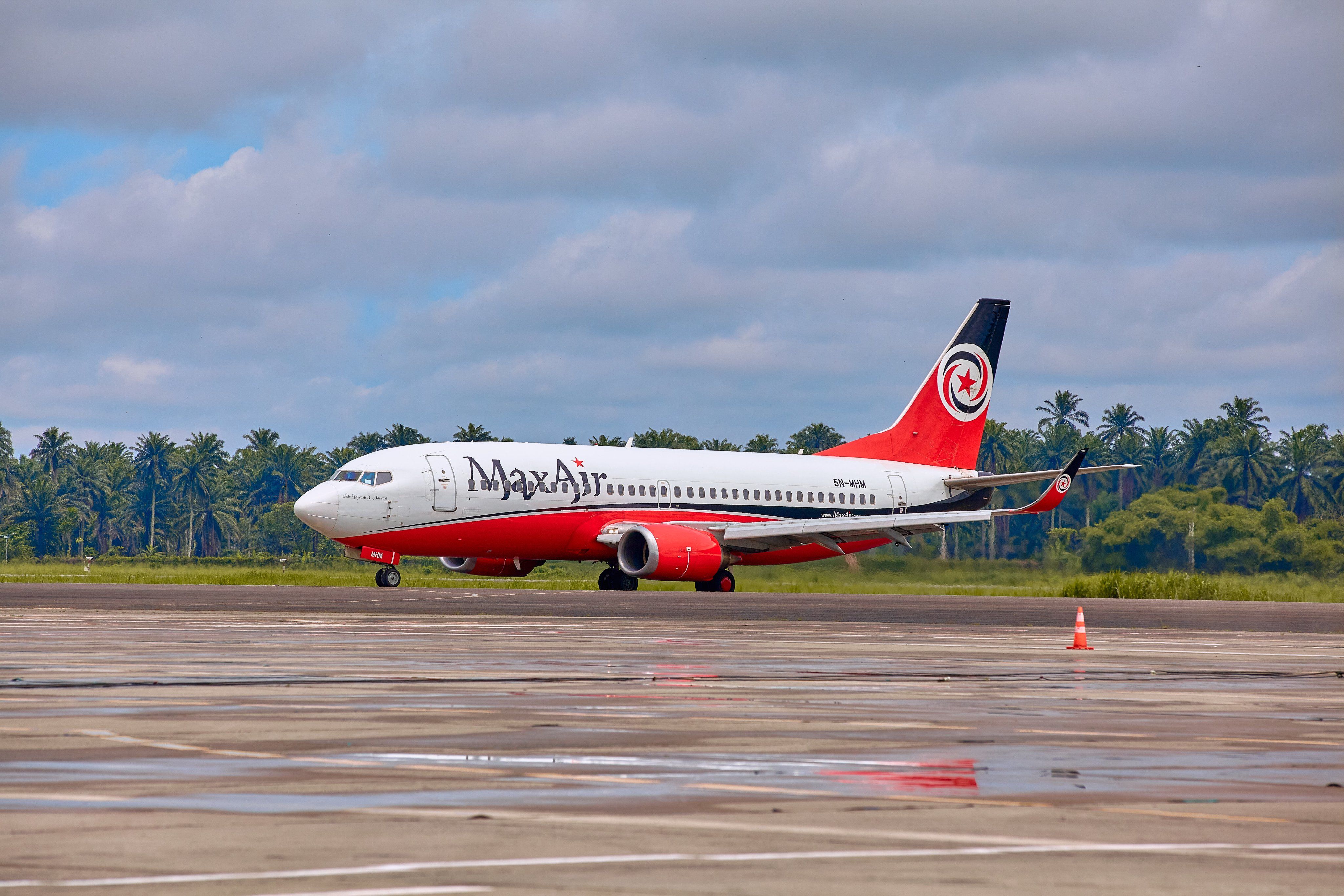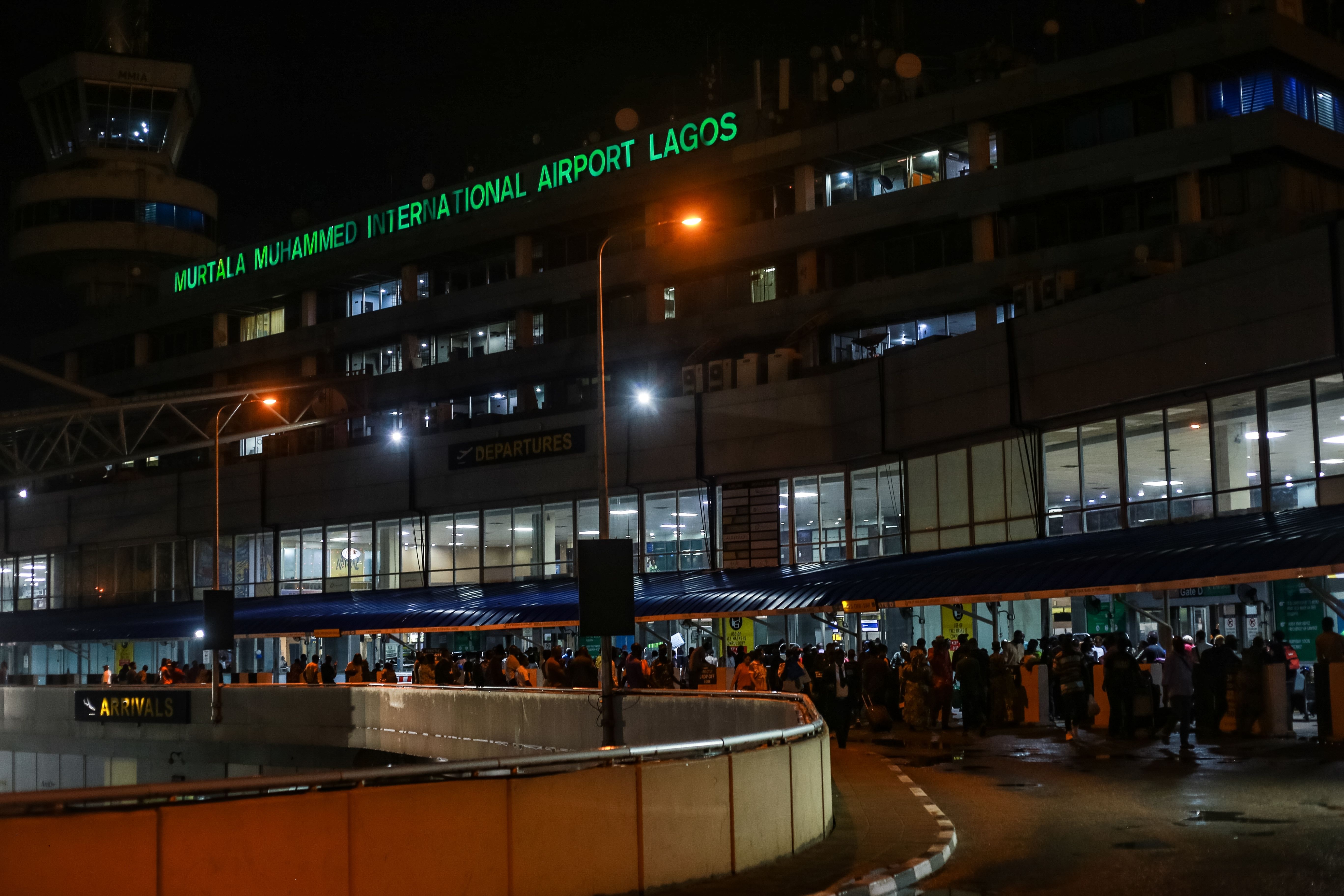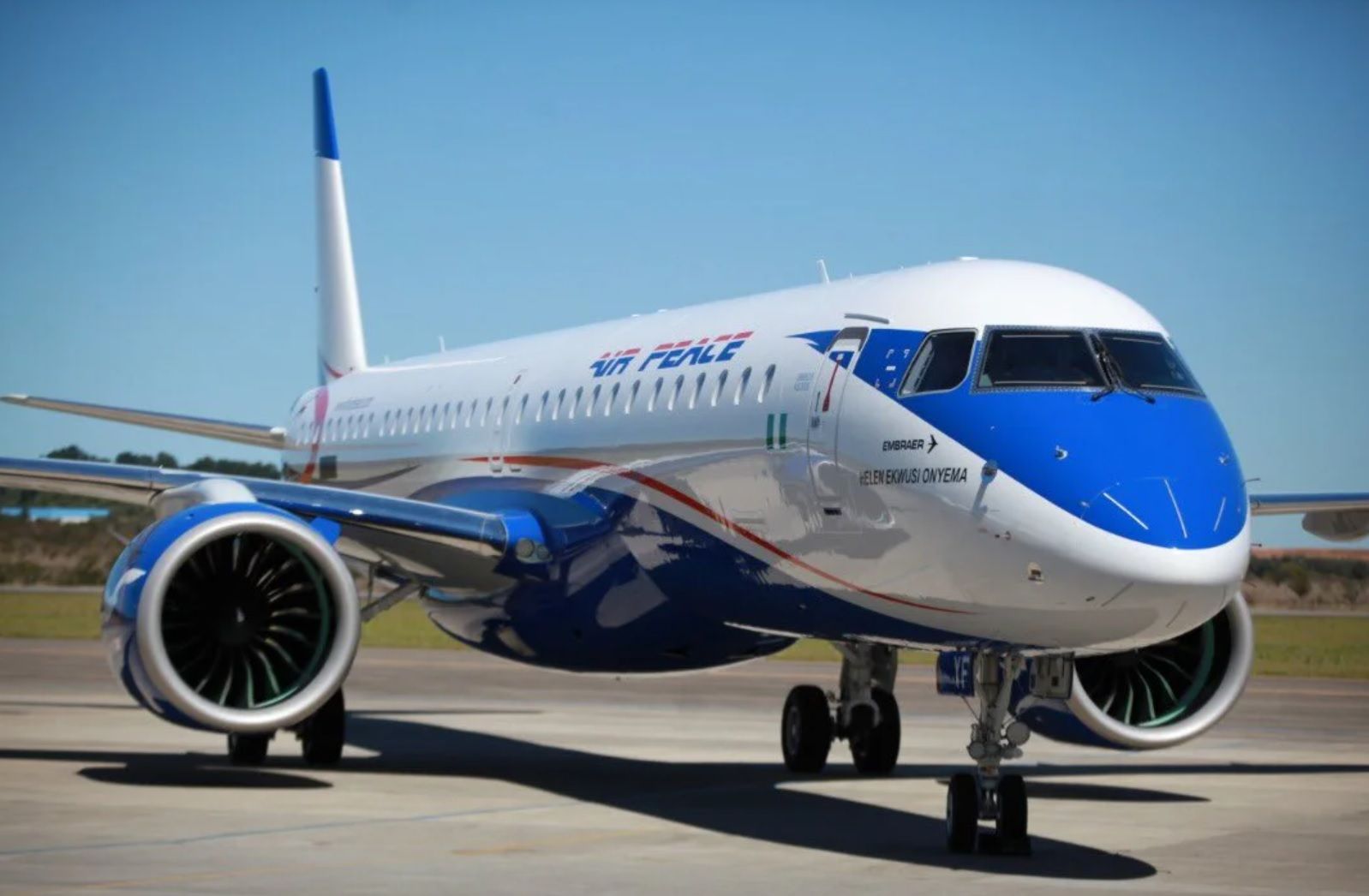Summary
- Domestic flight ticket prices in Nigeria have nearly doubled due to rising fuel costs and foreign currency shortages, leaving many consumers uncertain about their December travels.
- The devaluation of the Naira against the US dollar has caused challenges in the aviation industry, with a significant fuel price hike threatening to further increase ticket prices.
- Popular holiday destinations like Abuja, Port Harcourt, Owerri, Uyo, and Enugu have already seen significant increases, with fares expected to be even higher between December 15 and January 5.
Ahead of the busy festive season, airline operators in Nigeria have increased flight ticket prices in local currency by nearly 100% on certain routes due to the continued rise in fuel costs and shortages of foreign currency.
Nigeria has one of the most robust domestic aviation sectors in Africa, with over 10 active scheduled carriers connecting several destinations within the country’s borders. In 2022, about 16.1 million passengers flew through Nigerian airports, with 78.2% of all traffic being served by domestic carriers.
December is usually the busiest, with the highest number of flights and passenger activity recorded during this period. However, before this year’s holidays, average domestic fares that were below ₦75,000 ($95) may peak at over ₦130,000 ($165), leaving many consumers uncertain about their December travels.
Foreign currency shortages
The steady devaluation of the Naira (₦) against the US dollar has caused significant challenges in the aviation industry. According to The Guardian Nigeria, the price of aviation fuel is now at nearly ₦1,000/liter ($4.81/gal). In both the domestic and international sectors, the open market rate of ₦1,200/$1 and almost 400% fuel price hike have threatened to double the already high ticket prices and further shrink the air transport industry.
Photo: Max Air
The Guardian reports that airlines have increased ticket prices to cover the cost of operations but have not entirely put it on consumers. Foreign operators have also increased the price of tickets. During the weekend, the IATA Rate of Exchange (IRoE) increased in one leap by ₦139 from ₦842 to ₦981 against the US dollar.
While IATA stood against increasing airfares, it expressed concerns over Nigeria’s complicated foreign exchange liquidity crisis. The same crisis has kept over $700 million of airline funds trapped in the country. About $300 million of this amount is legacy debt, which is still yet to be remitted to IATA by the Central Bank of Nigeria (CBN).
Fuel price hikes
While African carriers face several operational challenges, the price of aviation fuel is among the biggest. It accounts for over a third of all costs. As a deregulated commodity exclusively controlled by suppliers, the price consistently fluctuates according to the rate of the Naira against the Dollar.
Photo: shynebellz | Shutterstock
Over the weekend, the price of jet fuel increased by nearly 20% from ₦800 to ₦1000, depending on the location. Lagos Murtala Muhammed Airport (LOS) had the lowest rate of ₦935 per liter. In other regions, Abuja (ABV) had ₦975/l, ₦970 in Port Harcourt (PHC), ₦985 in Kano (KAN), and an average of ₦1000 per liter in the Upper North region, where it is also subject to availability.
One-way ticket prices
Abuja, Port Harcourt, Owerri, Uyo, and Enugu are among the most popular destinations in Nigeria during Christmas. Fares from Lagos to these cities have already increased by nearly 100%, and a travel agent, Gina Chika, told BusinessDay that this was noticed as soon as the fuel price went up.
Chika added that ticket prices for Christmas don’t usually go up until November, but that is not the case this year. For example, Air Peace’s one-way Lagos-Abuja tickets, which previously sold between ₦55,000 ($70) and ₦65,000 ($82), now range from ₦100,300 ($127) to ₦162,000 ($205). Similarly, an economy ticket from Lagos to Enugu or Kano costs ₦100,300.
Photo: Embraer
Aero Contractors, United Nigeria Airlines (UNA), and other carriers have also increased fares on various domestic routes. UNA Chairman and Spokesperson for the Airline Operators of Nigeria (AON) told The Guardian that Nigerian carriers should be commended for not passing the whole cost of operations to customers.
“We are subsidizing the cost of seats per flight. So, if you see fare increases now, please understand. They may still be higher because we are actually not covering the cost of operations. The little adjustment is to serve the public better. It is better to fly safe, be viable, and remain in business than just flying cheap and risk collapse.”
Airfares will be even higher for travel between December 15 and January 5. A one-way economy ticket from Lagos to Owerri, previously sold at ₦50,000, will sell at ₦105,000, while a business class ticket sells at around ₦190,600 ($241). During that period, Dana Air’s tickets from Lagos to Abuja will cost about ₦126,000 ($160) for economy flexible, ₦210,000 ($265) for business saver, and ₦250,000 ($316) for business flexible.
What do you think about the domestic ticket prices in Nigeria? Please share your thoughts in the comments!
Sources: The Guardian, BusinessDay
Read More:Nigerian Airfares Double Amid High Fuel Prices & Lack Of Foreign Currency
2023-10-25 11:30:00



